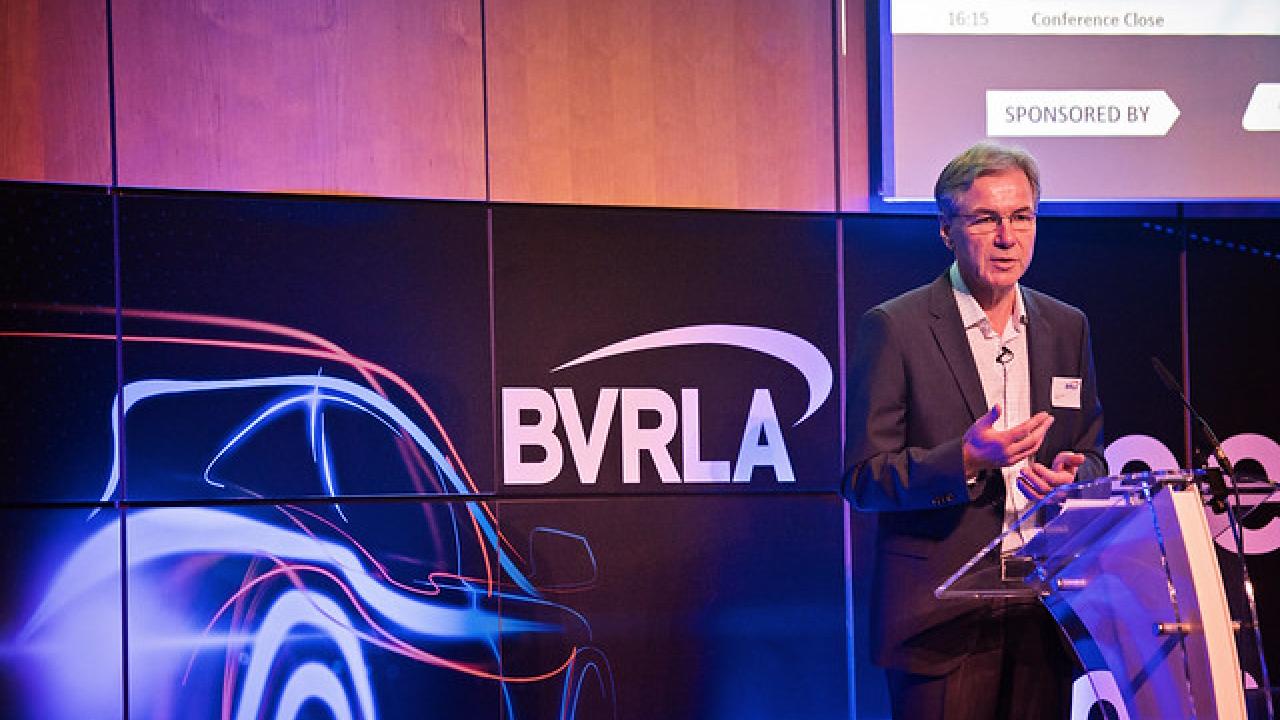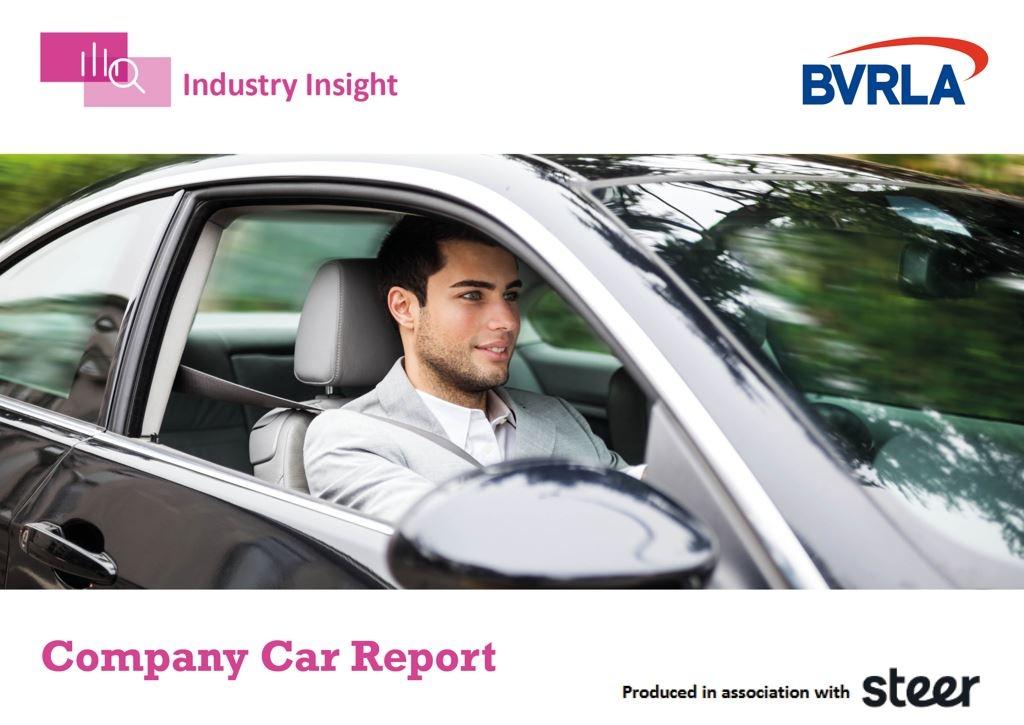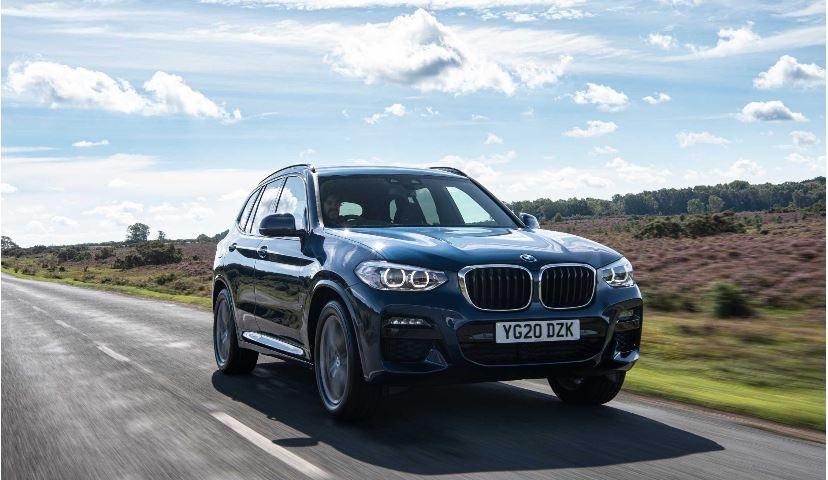HMRC’s latest Benefit in Kind statistics indicate that during the past two years, there has been a reduction of seventy thousand company car drivers, and the BVRLA puts this down to an uncertain and unsupportive tax regime.
BVRLA members have been reporting indications of a decline in demand for company cars and this trend is reflected in the government’s statistics .
The report’s provisional 2017-18 figures show there to be an estimated at 890,000 company car drivers, which is 50,000 less than the previous year. The rate of market decline also appears to be increasing with the previous year reporting a 20,000 annual reduction.
The BVRLA believes that this downward trajectory will continue until the government makes changes to the vehicle tax system. The association believes tax rises, uncertainty in future rates and confusion around the tax implications of WLTP as the reasons for hindering the uptake of company cars.
BVRLA Chief Executive Gerry Keaney said: “We hear the government committing to its zero emission road transport ambitions, but we fail to see them aligning their fiscal policy to help support it. Our members make rational, cost-based decisions and are buying plug-in vehicles at scale which go on to feed the used car market. By getting the company car tax system right, the government can achieve some quick wins.
“With the average newly registered company car emitting 19% less CO2 than the average grey fleet car, the government can speed up delivery of its air quality ambitions by having a tax system that incentivises drivers to take a company car.
“We have continued to engage regularly with HM Treasury and have met with officials at 10 Downing Street to ensure that policymakers understand the risks of failing to align environmental and fiscal policies. The contents of the government’s Draft Finance Bill, due to be published on 11 July, will tell us whether they have actually been listening.”





